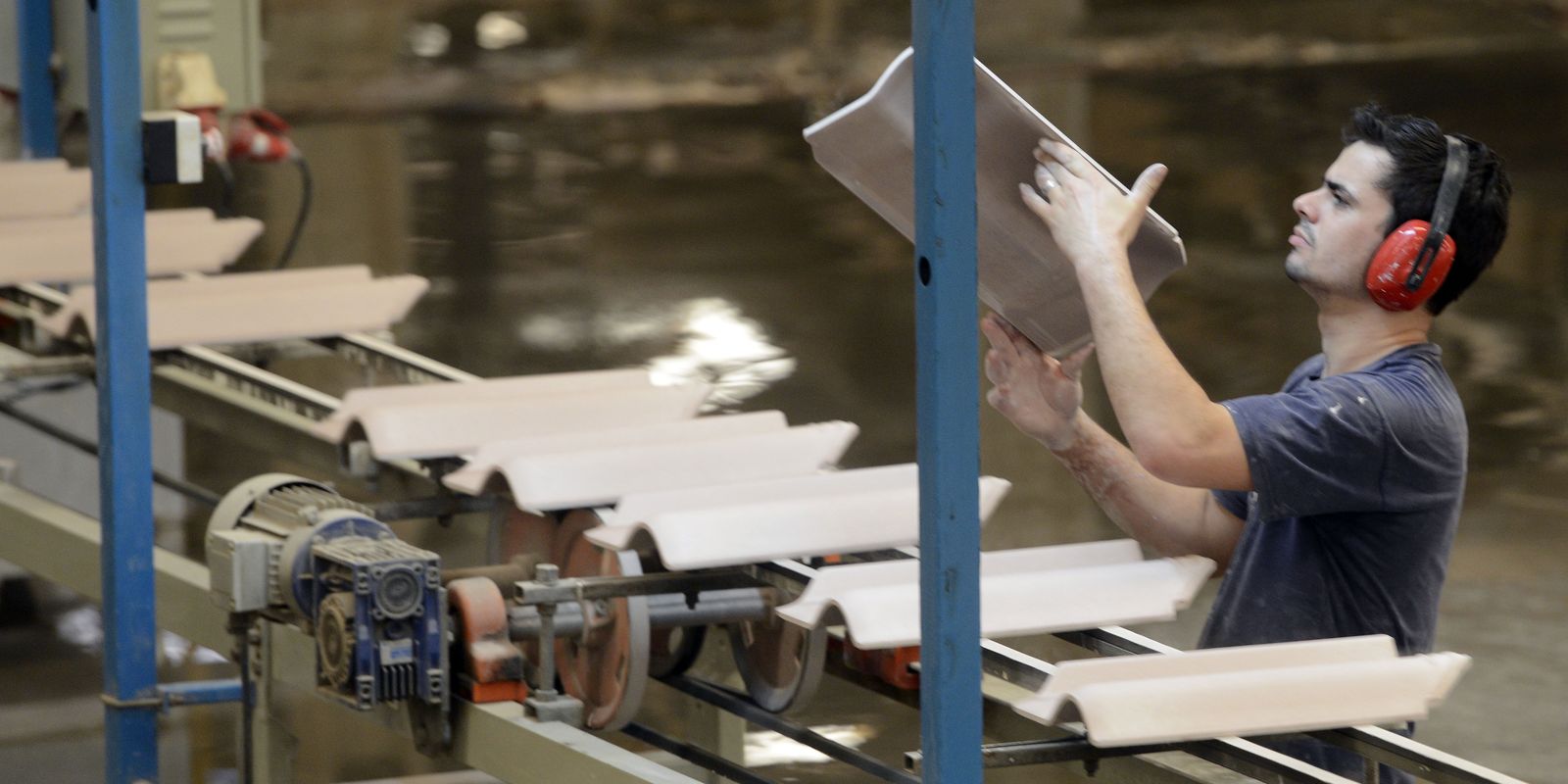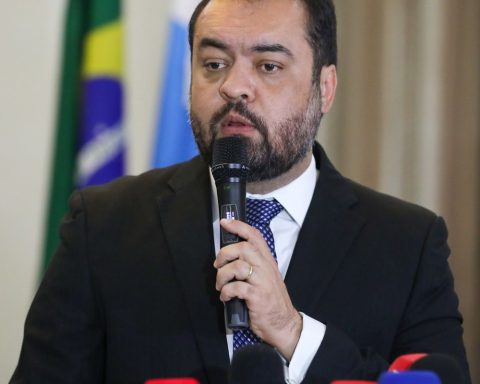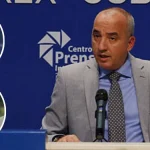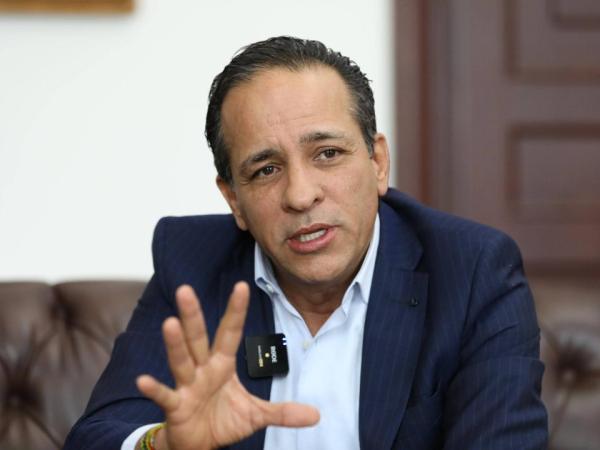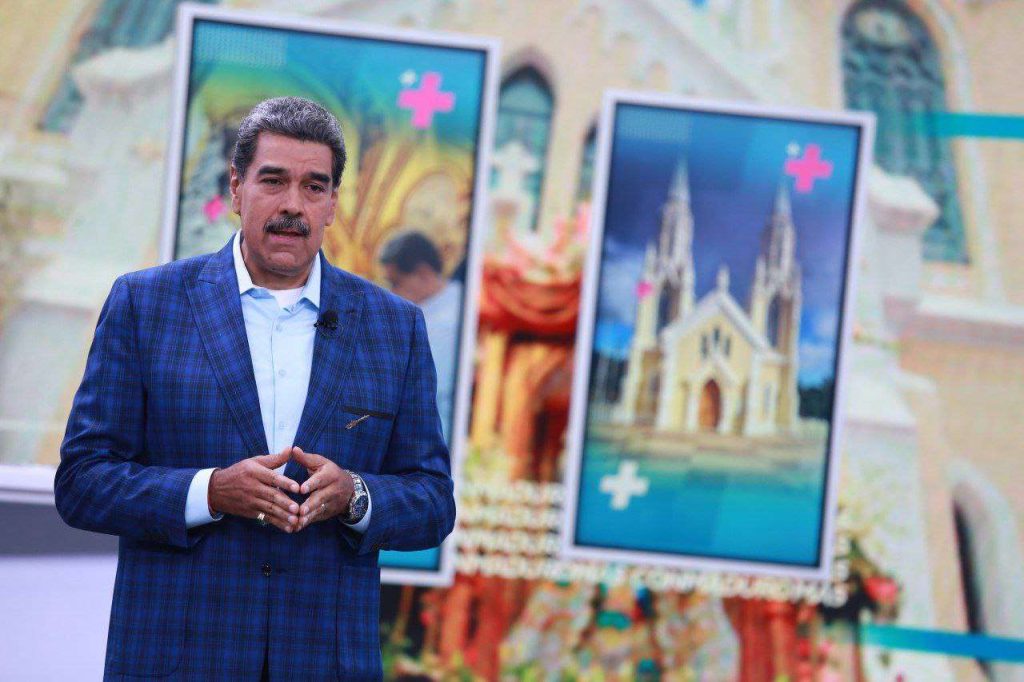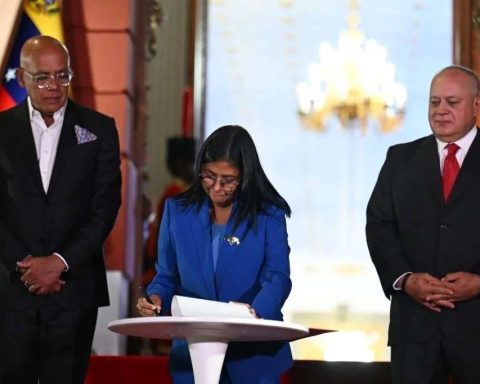The Ministry of Labor and Employment signed a partnership on Monday (9) with 20 civil society organizations to provide professional training for 15,000 young workers in all regions of the country. The initiative is part of the Manuel Querino Program for Social and Professional Qualification (PMQ). The application of R$24 million from the Workers’ Support Fund (FAT) is expected.
This new phase of the program aims to prioritize assistance to young people, women, black people, people leaving the prison system, traditional communities and workers in social vulnerability, served by social programs, such as Bolsa-Família.
The Minister of Labor, Luiz Marinho, said that the idea is to address projects that have not yet been contemplated next year. The director of Social and Professional Qualifications at the ministry, Cristina Kavalkievicz, highlighted that the expectation is a positive impact “on the communities in the places where the CSOs are located.” [organizações] act to benefit young workers in terms of professional qualifications”.
The organizations will offer a variety of courses, such as administration, electrical engineering, food, beauty, care, crafts and green economy, for example. The projects were selected via public notice. Each organization will offer 750 vacancies in the territory where it will operate and will receive R$1.2 million, according to the ministry, with a workload of 100 hours. The contracts will last for one year.
The courses are primarily aimed at groups that have difficulty entering or remaining in the world of work, such as young people, women, black people, the elderly, traditional peoples and communities, LGBTQIAPN+, workers rescued from slave labor, unemployment insurance beneficiaries and those registered with CadÚnico. The goal is to provide these workers with the conditions to improve their position in the job market, as well as their income, whether as self-employed workers or with a formal employment contract.
In the previous stages, partnerships were made with universities, federal institutes of technological education and states that already had professional qualification programs, such as São Paulo.
* Intern under the supervision of Marcelo Brandão
